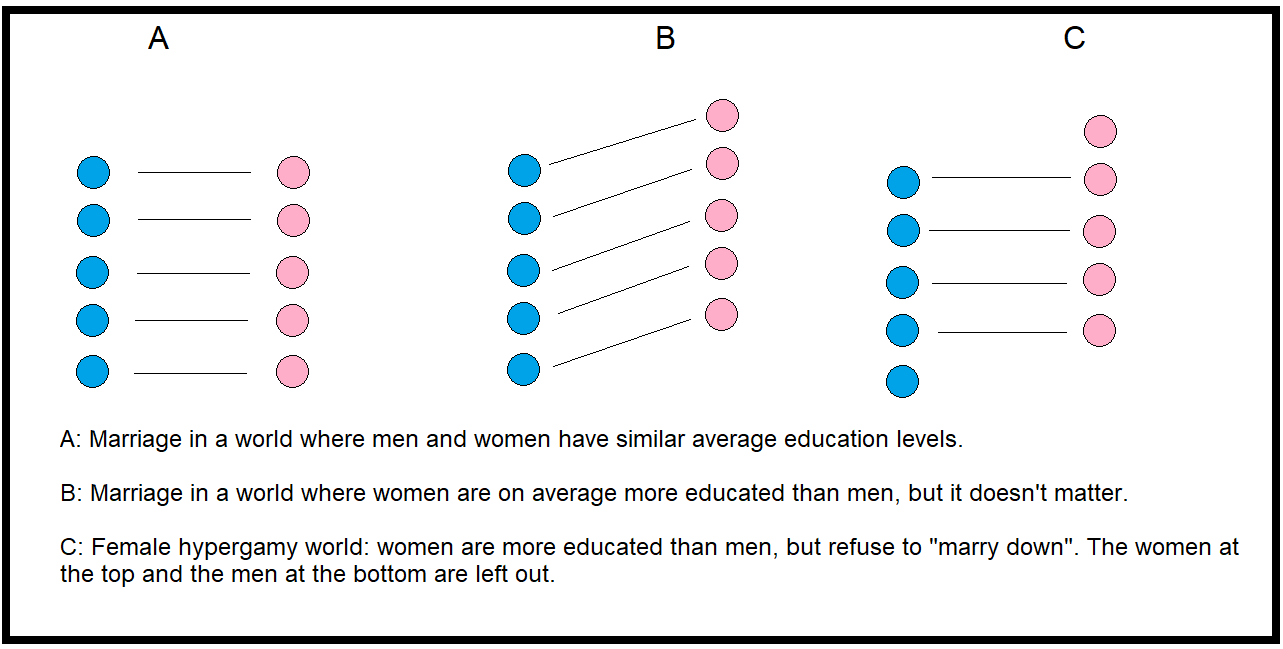Signs of Female Hypergamy and How to Overcome Them
Understanding the signs of female hypergamy is crucial for individuals seeking to navigate their relationships effectively. Here are some common signs that may indicate hypergamous tendencies, along with strategies to address them.
One of the most prominent signs of female hypergamy is the prioritization of a partner’s socio-economic status over personal traits. This can manifest in how individuals introduce their partners or discuss their achievements.
How to Overcome: Encourage open communication about values and priorities in the relationship. Discuss what truly matters beyond status, such as emotional connection and shared goals.
Women exhibiting hypergamous behavior may seek partners who can elevate their social standing or introduce them to influential circles. This desire for social ascension can create tension if one partner feels pressured to conform.
How to Overcome: Establish mutual goals that focus on personal growth rather than solely on social climbing. Engage in activities that foster genuine connections rather than superficial networking.
A tendency to compare one’s partner against others with higher status or wealth can lead to dissatisfaction within the relationship. This behavior often stems from societal pressures and expectations.
How to Overcome: Cultivate gratitude and appreciation for each other’s unique qualities and achievements. Focus on building a supportive environment where both partners feel valued for who they are, not just what they possess.
4. Dissatisfaction with Current Status
Feelings of restlessness or unhappiness may arise if a partner’s status remains stagnant, particularly if it does not align with aspirations for improvement.
How to Overcome: Set shared objectives that encourage both partners’ growth, whether through career advancement, education, or personal development initiatives. Celebrate progress together, regardless of how it compares to others.
Hypergamous tendencies can lead women to set high expectations for their partners regarding continuous achievement and status enhancement, which may create undue pressure.
How to Overcome: Foster an atmosphere of understanding where both partners can express their aspirations without fear of judgment. Discuss realistic expectations and support each other’s journeys toward achieving them at a comfortable pace.
When hypergamous tendencies dominate a relationship, emotional bonds may weaken as material success takes precedence over intimacy and connection.
How to Overcome: Prioritize quality time together that focuses on emotional intimacy—engage in activities that strengthen your bond outside of societal expectations or material considerations.
A fear that one’s partner may not maintain or improve their socio-economic standing can lead to anxiety within the relationship, affecting overall satisfaction.
How to Overcome: Build trust by discussing fears openly and reassuring each other about commitment irrespective of external circumstances. Emphasize partnership over competition in achieving life goals.
8. Lack of Support for Partner’s Goals
If one partner feels unsupported in pursuing their ambitions due to hypergamous tendencies from the other side, it can lead to resentment and conflict.
How to Overcome: Actively participate in each other’s pursuits by providing encouragement and assistance when needed. Create a team mentality where both partners work towards individual goals while supporting one another’s dreams.
9. Materialism Over Emotional Connection
Hypergamy might lead some women to prioritize material possessions over emotional connections, which can erode relationship satisfaction over time.
How to Overcome: Shift focus from material aspects by engaging in experiences that foster deeper emotional connections—such as travel, hobbies, or volunteering together—that emphasize shared values rather than possessions.
By recognizing these signs and implementing strategies for overcoming them, couples can work towards building stronger relationships based on mutual respect and growth rather than societal pressures related to status.





















0 Comments